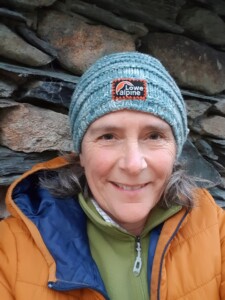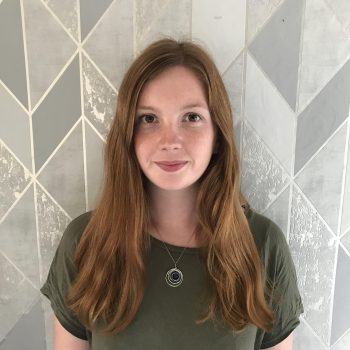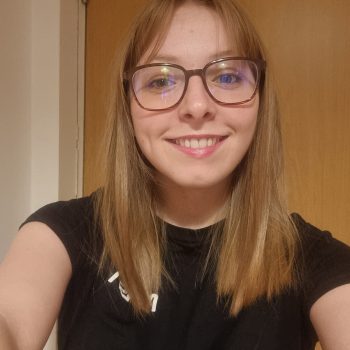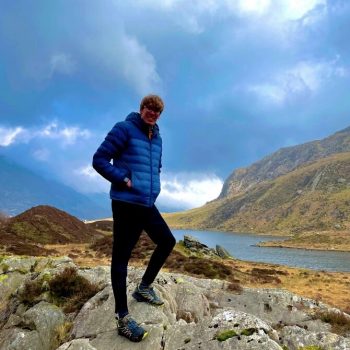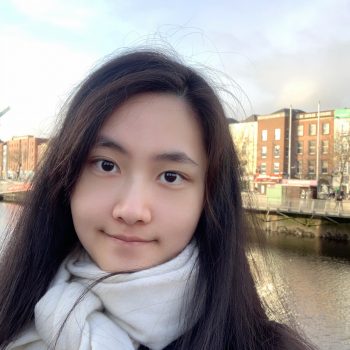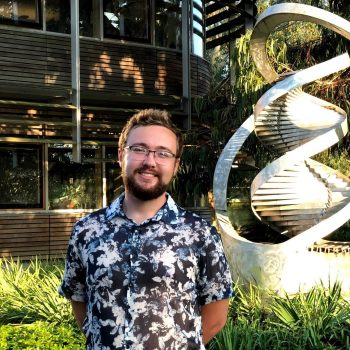Prior to starting my PhD, I worked as a teacher for 34 years. I graduated from UCL, in the days before mass computing, with a geography degree and then qualified as a primary teacher. Over my teaching career I had many wonderful opportunities, becoming a primary Head Teacher and then moving into teaching older age groups. I always maintained a keen interest in environmental issues and developments, eventually returning to my geographical roots to teach A-level geography for nearly a decade. I really enjoy being outdoors and so I qualified as a Duke of Edinburgh Leader and also led study trips abroad for students. Alongside my core teaching I acted as a supervisor for students undertaking the Extended Project Qualification and I really enjoyed this mentoring and facilitating role.
